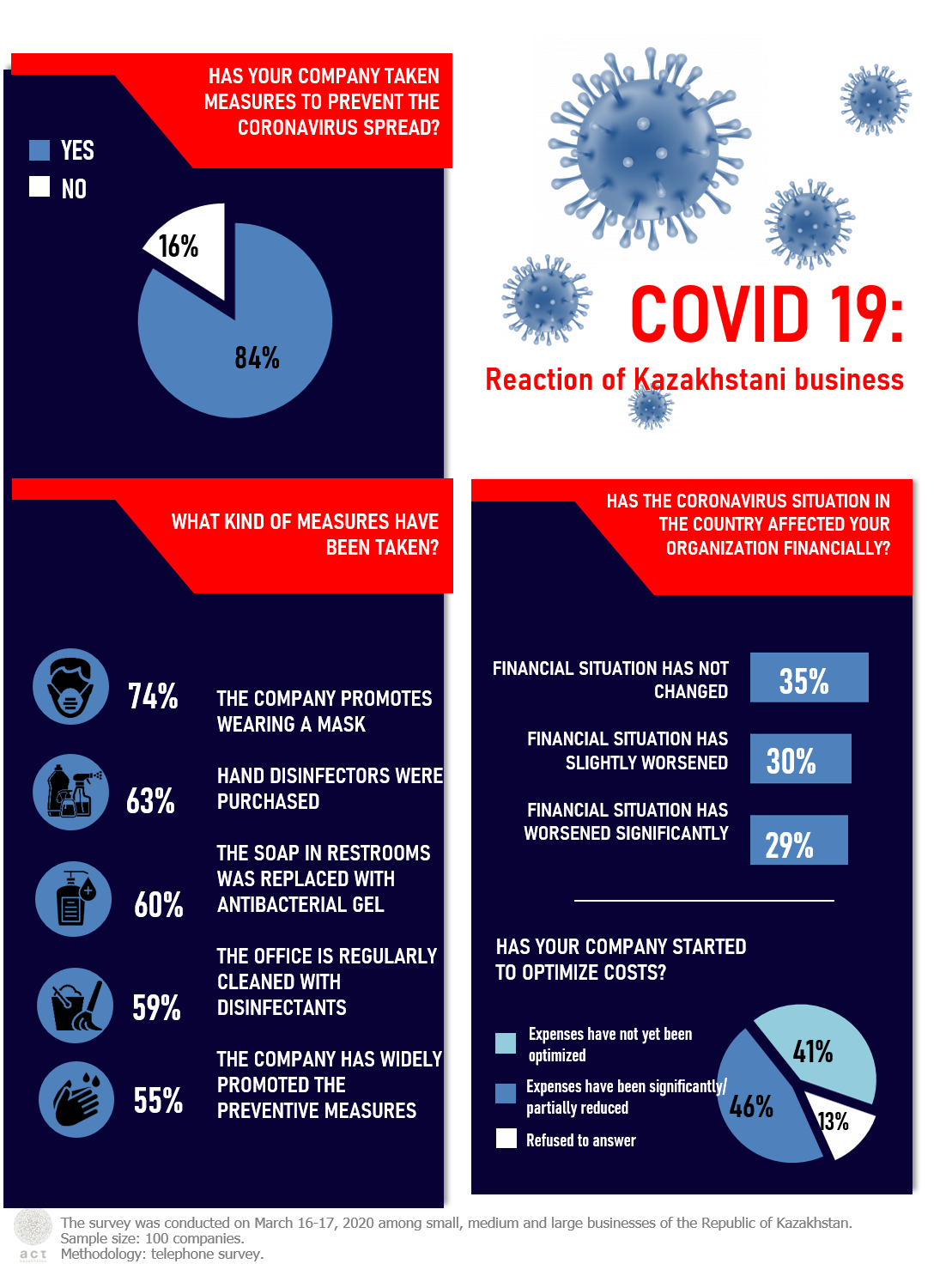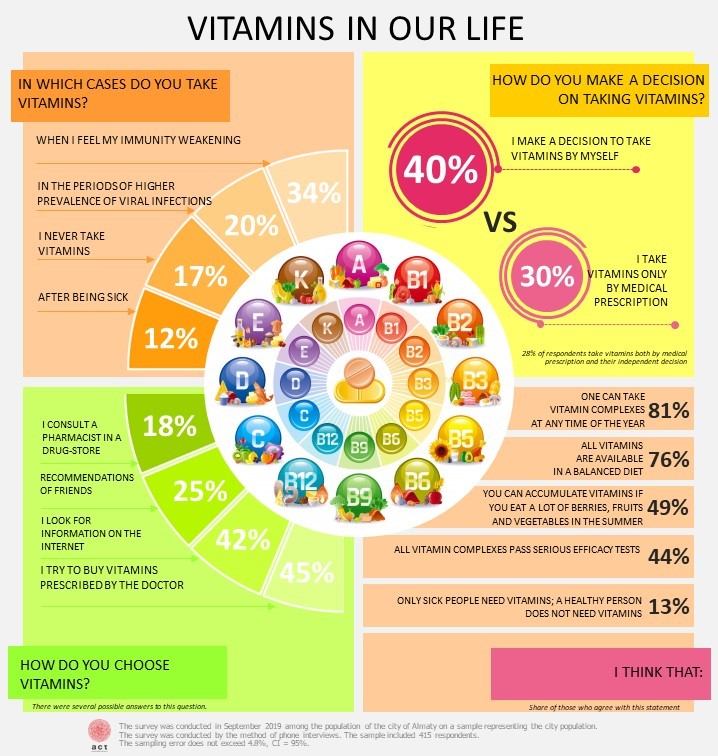




Back in March 2020, we started discussing with our constant client conducting an in-hall test of soft drinks. The primary purpose was to test the tastes and properties of the drinks with existing and updated formulation to assess the potential for a market launch of a refreshed soft drink. The project involved tight timing for the very test stage – the second decade of April 2020. The emergency was not declared yet at that moment, but we had a feeling that the respondents became all less and less accessible for a personal interview. Then we started thinking about possible variants in the case the emergency was declared, and quarantine introduced.
Since it has actually happened, our wish to modify our procedures just strengthened. From the first day of the quarantine, we have already been working remotely in terms of conducting telephone surveys (you can read about this here: https://clck.ru/Mq9Fu ). It only gave us confidence that anything was possible, and we might propose a product with a known methodology in a refreshed format! Here, we should emphasize the interest, involvement, and desire to help us on the part of our client. We are immensely grateful to him for his trust and challenge that led to a fruitful result for both parties, Group brainstorming helped us analyze all the possible subtleties of the methodology that we planned to translate into an online format, as well as to identify potential difficulties and draw up a detailed work plan. The most struggling issue was ensuring personal safety and compliance with the recommended sanitary measures by all project participants (ACT employees and respondents). The following stages were implemented, keeping in mind the safety and compliance aspects.
Preparation of guidance materials:
Details about recruiting of respondents:
Online-purchase/delivery of products for conducting the in-hall test:
Technical support:
The sample size was 100 respondents. The data was collected on April 10-13, 2020. The obtained experience of conducting an in-hall test during quarantine allowed us to improve and hone all the workflows necessary to conduct this kind of research. We will be glad to assist you in doing marketing research during quarantine, as well as any other time!
The COVID-19 epidemic starting late in 2019 has already had a significant impact on both the daily lives of each of us and the business environment. ACT is an integral part of the business environment of the countries where the company operates. The ACT Kazakhstan team decided to assess the current impact the coronavirus pandemic is having on business, to find out which decisions the leaders of Kazakhstani companies make to prevent the virus spread, what is the effect of current instability on the companies’ financial activities, as well as to check the general mood in the companies.
On 16-17 March 2020, we made a telephone survey involving 100 representatives of the TOP-management of Kazakhstani companies. Kazakhstani companies rated the overall level of internal unrest/fear in companies due to the spread of coronavirus in the world at 4.03 points on a 10-point scale (“0” – “No disturbance,” “10” – “Very high level of unrest/fear”). Only 4% of Kazakhstani companies assessed the level of unrest/fear in the company as “very high.”
According to the survey, 84% of organizations have taken some measures to prevent the virus spread. Such measures included the propaganda of wearing medical masks, their centralized procurement and distribution among the employees (74%), purchasing disinfectants for hand washing (60%) and disinfection (63%), as well as strengthening the office and workplace disinfection (59%). It is worth noting that 55% of companies actively discuss and disseminate information about preventive personal hygiene measures during the pandemic. 58% of companies noted significant (25%) or partial (33%) changes in daily work processes due to the coronavirus situation in the country.
A complete list of changes in the processes that Kazakhstani enterprises have already encountered is as follows:
In addition to changes in work processes, 59% of company representatives noted that the coronavirus situation in the country has started influencing the corporate finances (the financial situation has slightly worsened in 30% of cases and significantly worsened in 29% of cases). SMEs were mostly affected financially. 35% of organizations maintain a stable financial standing.46% of the companies noted they are revising the expenditure side of the budget due to the current situation.
The survey was conducted on 16-17 March 2020 among small, medium, and large businesses of the Republic of Kazakhstan. Sample size: 100 companies. Methodology: a telephone survey. The use of survey materials is permitted with the obligatory mention of the survey’s author.

Vitamins (lat. Vita – life) are low-molecular organic compounds that make an active part of many enzymes or are starting substances for the synthesis of hormones. What is behind the complex definition of vitamins? The importance of certain types of food for preventing certain diseases has been known since antiquity. The first works that studied the role of nutrition in maintaining health appeared back in the XIV century. Vitamins were discovered by scientists in the early XX century. At different times, different amounts of substances were considered vitamins; as of mid-2018, there are 13 known vitamins.
The XX century was not only the century of the discovery of vitamins, but also the time of research, experiments, and arguments for and against taking vitamins. By now, the researchers and doctors have reached an agreement while the public still shares many myths about vitamins. ACT Kazakhstan has questioned the Almaty residents about some popular myths about vitamin and the habits of vitamin consumption. We are publishing the results of our survey during the period of spring vitamin deficiency.
17% of the respondents have never taken vitamins. All other respondents have taken vitamins in the periods of immunity weakening – during viral diseases, after illnesses, at signs of vitamin deficiency. 30% of the respondents take vitamins only by medical prescription. About a third of the respondents (28%) buy and take vitamins both by medical prescription and by their own decision. At that, 40% of Almaty residents make their own decisions about taking vitamins.
The next question on the way the decision to choose/buy vitamins and vitamin complexes is made revealed that about 45% of Almaty residents buy the vitamins and vitamin complexes prescribed by a doctor. Apart from that, when choosing vitamins, Almaty residents rely on the information available on the Internet (42%), listen to the recommendations of their familiarity (25%), or consult pharmacists in a drug store (18%).
Our survey returned the following answers to the statements provided below:
The survey was conducted in September 2019 among the population of the Almaty on a sample representing the city population. The age- and gender-related quotas corresponded to the data of the Statistical Committee MNE RK. The survey was conducted by phone interviews. The sample included 415 respondents. The sampling error does not exceed 4.8%, CI = 95%. The use of the materials is permitted with the obligatory mention of the author of the survey.
